What do Game of Thrones and Type Have in Common?
In Season 2 Episode 7 of Game of Thrones, Tywin Lannister asks Arya Stark, "Do you know what legacy means?" When she shakes her head no, he answers, "It's what you pass down to your children and your children's children. It's what remains of you when you're gone."
In the show they seek to leave a throne for their families. We don't need thrones today, but we do need to establish our legacies and that idea made me want to define the legacy of type. To unlock the legacy of type we need to remember the gifts of type.
Take a look at Jung's definitions of what type can do:
- Show how multiple differences can co-exist to complement each other in interactions and in achievements
- Allow individual development and competence as the person ages and uses the preferences
- Encourage a respect for divergence in a culture that still supports a common value system
- Respect the free will of the individual; people choose their behavior
- Allow each person to use their natural energies when that is best and stretch to use their balanced energies when those are needed
- Give a system for better understanding of self and others
- Provide a process for self-management based on an appreciation and respect for differences in others
To establish legacies in Game of Thrones there are multiple wars, multiple schemes, and multiple killings. To establish the legacy of type within your family is not quite so extreme.
Ways to inculcate type into the fabric of the family life include:
- Our habits. How we organize our day, how we communicate, and how we problem-solve all serve as a model for children to imitate. They may not understand the full theory but they clearly can understand "Mommy's way" or "Daddy's way." The more we can explain our habits and the basis for them the easier it will be for children to choose which is their best way.
- Our words. How we express our ideas, our respect, or our disagreement will all be reflected in our legacy with our children. Adults have been heard to say, "I sound just like my Mom sounded. When did that happen?" It's part of that legacy.
- Our hopes. When we can acknowledge our incompetent moments and the times we were not at our best and seek a better way when something similar occurs we keep alive the idea that people are always evolving and learning, and that is OK. As Maya Angelou said, "You did the best you could when that was all you knew but when you knew better you did better."
In the end the legacy of type awareness seems to fall into 3 broad areas.
- All types will feel appreciated and respected.
- All types will have a chance to develop.
- All types will find their best way to succeed.
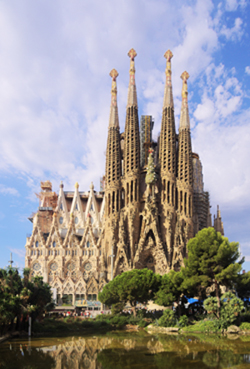 In a series of emails called "Secrets of the Sagrada Familia," Albert Grimaldo cites a story about the great architect Antoni Gaudi. The cathedral he designed is complicated and admired by many but criticized by some. He writes that Gaudi "all but flunked Barcelona Architecture School, often failing exams and assignments, or just barely managing to scrape a pass."
In a series of emails called "Secrets of the Sagrada Familia," Albert Grimaldo cites a story about the great architect Antoni Gaudi. The cathedral he designed is complicated and admired by many but criticized by some. He writes that Gaudi "all but flunked Barcelona Architecture School, often failing exams and assignments, or just barely managing to scrape a pass."
Yet, despite that, his teachers recognized there was something special about Gaudi. Elies Rogent, the director of the school famously said, "We have given this academic title either to a fool or a genius. Time will show." His cathedral is his legacy.
When we struggle to find our excellence through typical channels, personality type can be a tool to help us find the path that matches our natural talents and strengths. Legacies are handed down from generation to generation. Legacies last. What legacy will you leave your family?



_thumb.png)





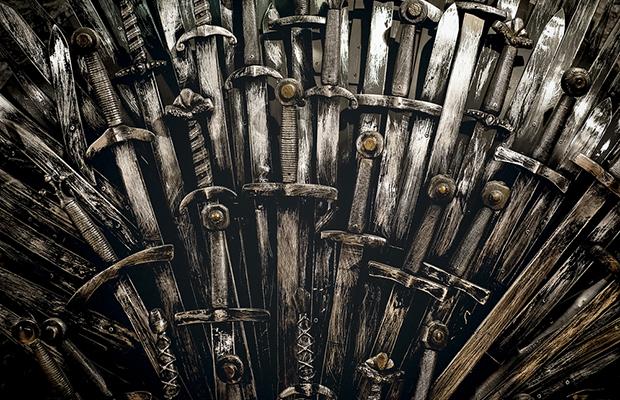





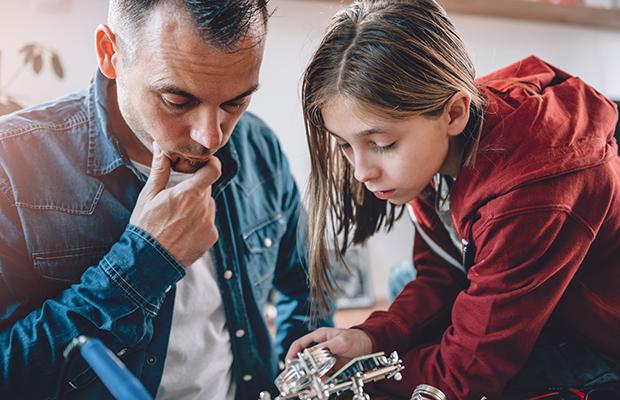











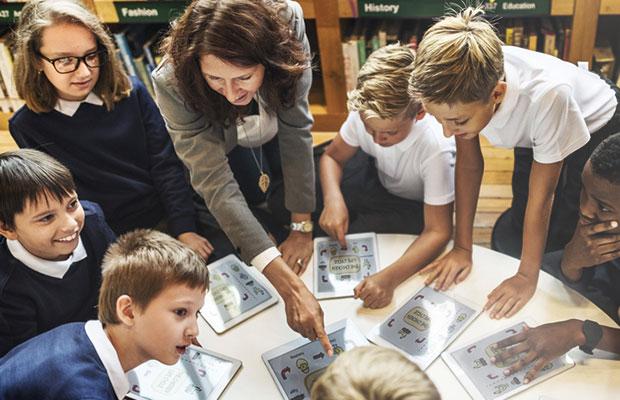



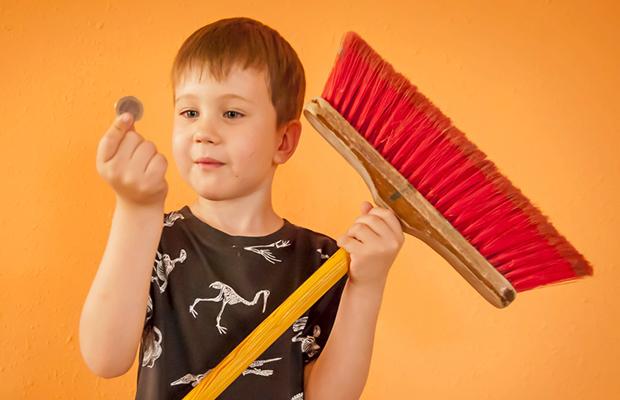



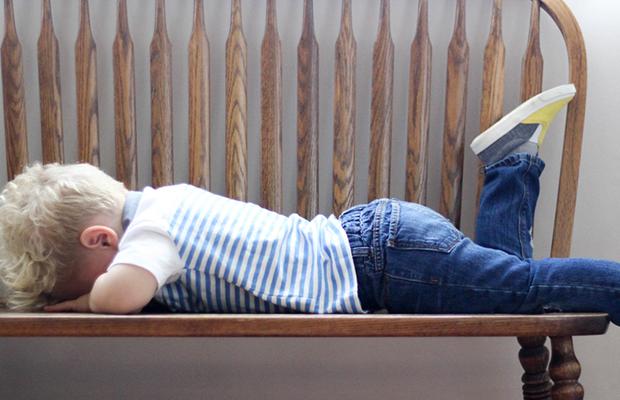

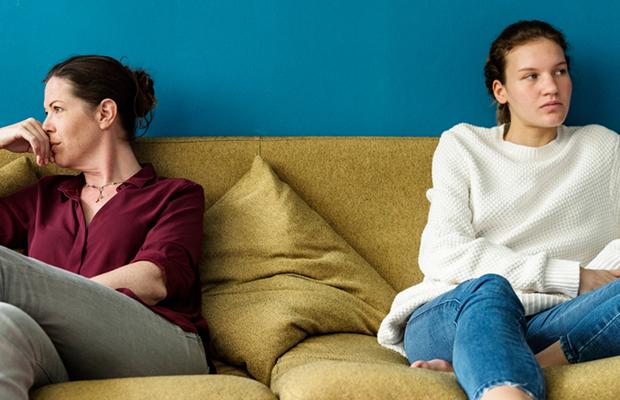

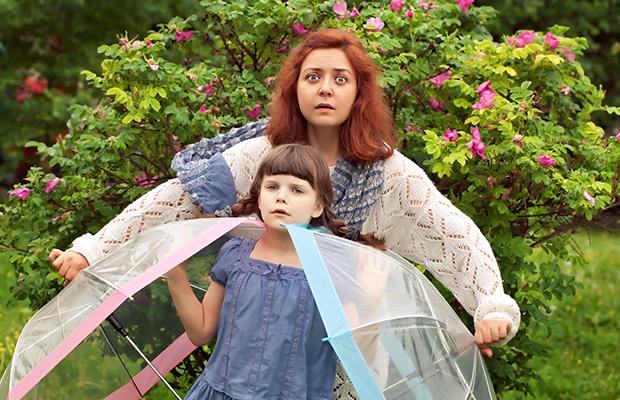







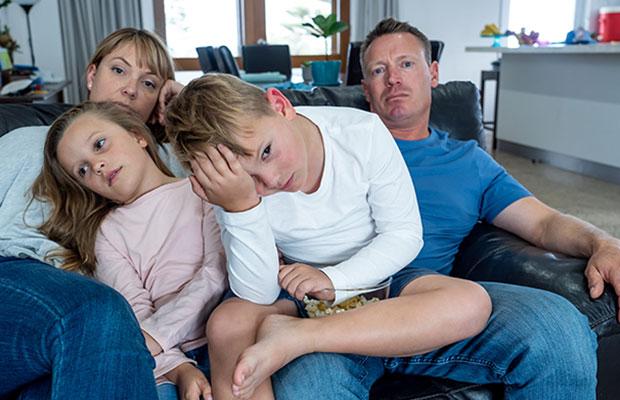

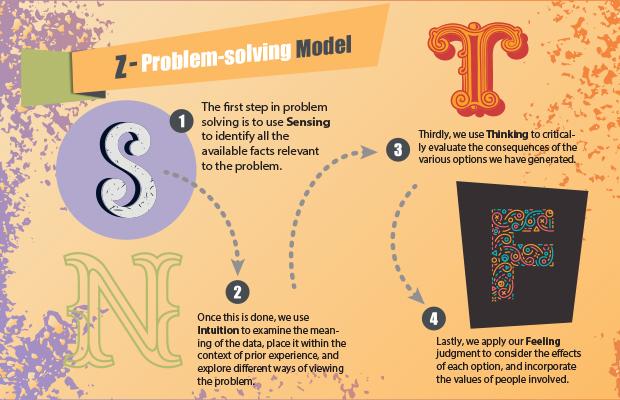









x.png)